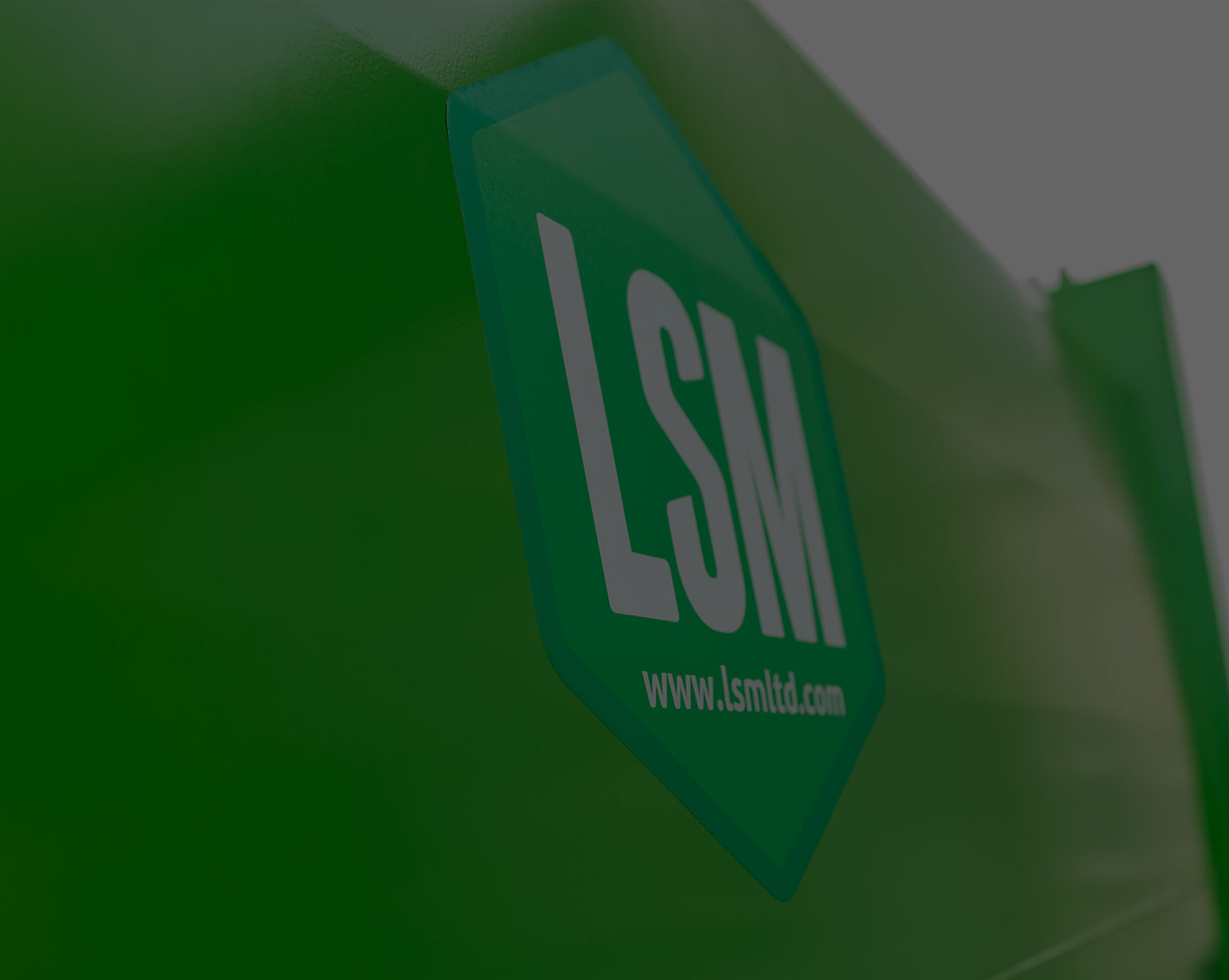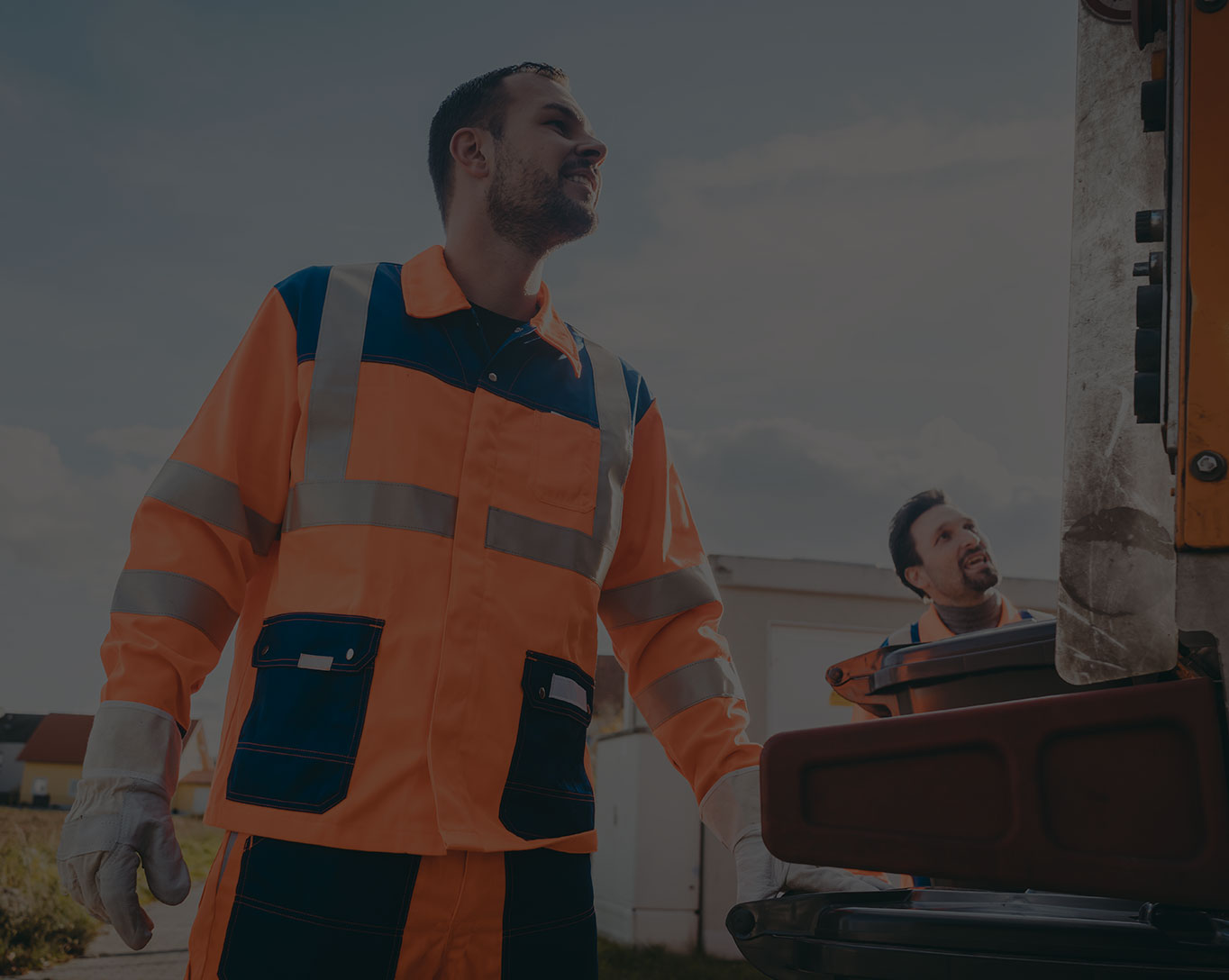Packaging is a key part not only of end goods but of the entire trajectory of them, from raw materials to product distribution. It creates an enormous amount of waste. According to the EPA, Ireland tallied 1.12 million tonnes of packaging waste in 2020.
While Ireland has a strong recycling record, new targets for 2023 and 2025 will mean Irish manufacturers need to look towards new ways of minimising waste.
Eliminating packaging for all products isn’t possible, as packaging is key to preventing and detecting product tampering, keeping sensitive goods in the right condition, and generally ensuring product quality and integrity. As manufacturers know, the wrong packaging increases waste overall as it contributes to product integrity issues, like spoilage and tampering.
How Much Packaging Waste is Generated in Ireland?
The EPA’s 2020 recycling fact sheet demonstrated a trend that all businesses in Ireland must contend with. The year 2020 was the fourth year in a row that Ireland generated more than 1 million tonnes of packaging waste. The figures stated that 40% of all packaging waste was paper and cardboard and 27% was plastic.
Reducing that waste isn’t just a matter of priority for cost-saving measures. On January 1, 2023, new rules created new obligations for manufacturers and ‘major producers’ of recycling waste (those who add more than 10 tonnes of packaging to the market and have an annual turnover of more than €1M) to become a member of Repak. This is in addition to the basic obligations provided by the European Union Packaging Regulations 2014.
Repak focuses on the circular economy and recycling’s role in it, and switching to recycling and reusable packaging materials is essential. As an industry, we also know that recycling management tools like waste balers can also aid those goals through waste compaction and knock-on effects, like the accomplishing waste removal in fewer vehicle movements.
However, there are additional steps required to reduce the overall packaging produced in Ireland.
Look to Leaders for Strategies for Minimising Packaging
While recycling and opting for recyclable packaging materials is a vital first step, and the development of a strong waste management plan is essential, there are emerging opportunities to minimise packaging altogether. Rather than letting the product solely drive the packaging, there are ways to even the balance.
These strategies include:
- Re-framing product packaging to reduce materials without sacrificing product protection.
- Using multi-use packaging to avoid single use (even when recyclable)
- Shipping products in reused packaging
Re-engineering product packaging can mean looking at new materials like biodegradable plastics, which can reduce packaging impact on the environment even in the event that a stray bit of plastic evades the recycling bin.
The good news is that there are packaging manufacturers already doing much of this work. As an example, there is a significant amount of work happening in food packaging engineering that can result in smaller packaging and even reduce packaging spend.
There’s also an opportunity to learn from other industries. The pharmaceutical industry, in particular, is heavily invested in packaging innovation. Eliminating packaging from pharmaceutical manufacturing and logistics is not only unavailable due to regulation but not possible due to temperature sensitivity. The pharmaceutical industry is leading the way in sustainable sourcing, recyclable and eco-friendly materials, and green manufacturing all while protecting both products and patients.
In the Meantime, Unlock Quick Wins with a Smarter Waste Management Program
Manufacturing and logistics turn away from single use packaging and non-recyclable packaging is happening at rapid speed. As that happens, recycling remains vital to avoid recyclable plastic and cardboard from ending up in incinerators.
Waste baling is an excellent way to reduce waste on site throughout the supply chain, from manufacturing downstream to warehouse and distribution centers. By renting a waste baler, it is easier to manage recycling waste in-house by reducing your operations overhead. With a cardboard baler, you’ll see savings in:
- Resource time: Teams spend less time breaking down and managing cardboard and other recycling waste, freeing them up for other activities.
- Gate fees: Removing more recyclable material from your general waste will save on waste management fees and lower your overall waste management costs. It also allows you to complete waste removal with fewer vehicle movements, saving both emissions and money on pick-ups.
- Equipment costs: LSM makes it easy to buy or rent a waste baler to meet fluctuating demands and scale as you navigate peak season. We also service both our balers and competitive balers, so you can keep your machines running for decades. Whether you want to rent a waste baler or you’re looking for waste balers for sale, LSM has the stock to help you meet your recycling commitments. To learn more about LSM and how we’re helping Irish manufacturers meet their sustainability goals, get in touch.


